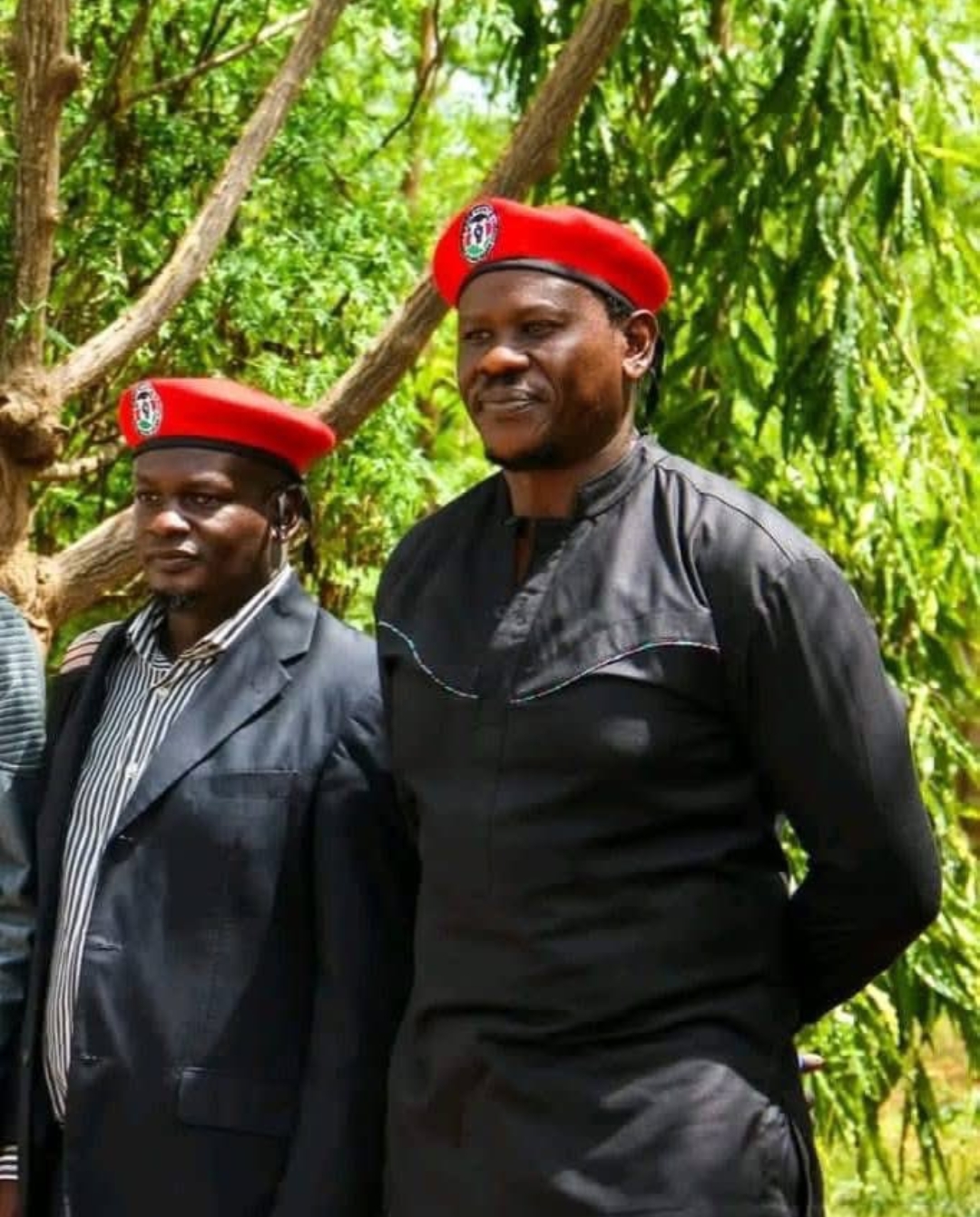Two Kenyan human rights activists have gone missing in Uganda after reportedly being abducted by armed men while attending a campaign event for opposition leader Bobi Wine. The disappearance of Bob Njagi and Nicholas Oyoo has sparked outrage across East Africa and renewed concerns about a growing trend of cross-border crackdowns on dissent.
Bobi Wine, whose real name is Robert Kyagulanyi, condemned the abductions in a strongly worded statement, accusing the Ugandan government of orchestrating the attack. “We condemn the continuing lawlessness by the rogue regime and demand that these brothers are released unconditionally! The criminal regime apparently abducted them simply for associating with me and expressing solidarity with our cause!” he posted on X. The opposition leader, who is running for the presidency in next year’s elections against long-serving President Yoweri Museveni, described the incident as another sign of state repression targeting those aligned with him.
Eyewitnesses say the activists were seized on Wednesday afternoon at a petrol station by four armed men. A witness who spoke to Citizen TV in Kenya said the men forced Njagi and Oyoo Ochieng the secretary general of the Free Kenya Movement, into a vehicle before speeding away. “There were four of them. There was also a lady who was seated in front; they took Bob and Oyoo,” the witness said, adding that both men have been unreachable by phone and their current whereabouts remain unknown.
Kenyan police spokesman Michael Muchiri said he was not aware of the matter, while Ugandan police have yet to comment. Meanwhile, Kenyan rights group Vocal Africa has condemned the abductions and demanded their immediate release, stressing that cross-border attacks on activists represent a serious violation of human rights and regional law.
Videos circulating online show Njagi actively participating in Bobi Wine’s campaign and even appearing on stage alongside him. The activists reportedly travelled to Uganda earlier this week with a group of Ugandans before joining the opposition campaign.
This is not the first time Njagi has been targeted. In Kenya last year, he was abducted by masked men during a wave of disappearances widely believed to have targeted government critics. He was missing for more than a month before a court ordered police to produce him, leading to his release. Njagi later described harrowing experiences in captivity, including being held in isolation and deprived of food for days.
Their disappearance adds to a growing list of troubling incidents involving activists and opposition figures across East Africa. Earlier this year, Kenyan activist Boniface Mwangi and Ugandan journalist Agather Atuhaire were detained in Tanzania, held incommunicado, and later dumped at their respective borders after reporting brutal mistreatment, including sexual torture — claims dismissed by Tanzanian authorities as “hearsay.”
Last year, Ugandan opposition leader Kizza Besigye mysteriously vanished in Nairobi, only to reappear days later before a Ugandan military court where he was charged with treason. These cases, analysts say, suggest a worrying pattern of collaboration between East African governments to suppress dissent across borders.
Human rights groups warn that the abduction of Njagi and Oyoo may further chill political activism in the region. Critics argue that by allowing or participating in such actions, East African governments risk undermining democracy and eroding citizens’ rights to free speech and political participation.
As regional tensions grow, pressure is mounting on both Kenyan and Ugandan authorities to account for the missing activists and ensure their safe release. For now, Njagi and Oyoo’s fate remains unknown, but their disappearance underscores the peril faced by those who dare to challenge entrenched regimes in East Africa.














Leave a comment